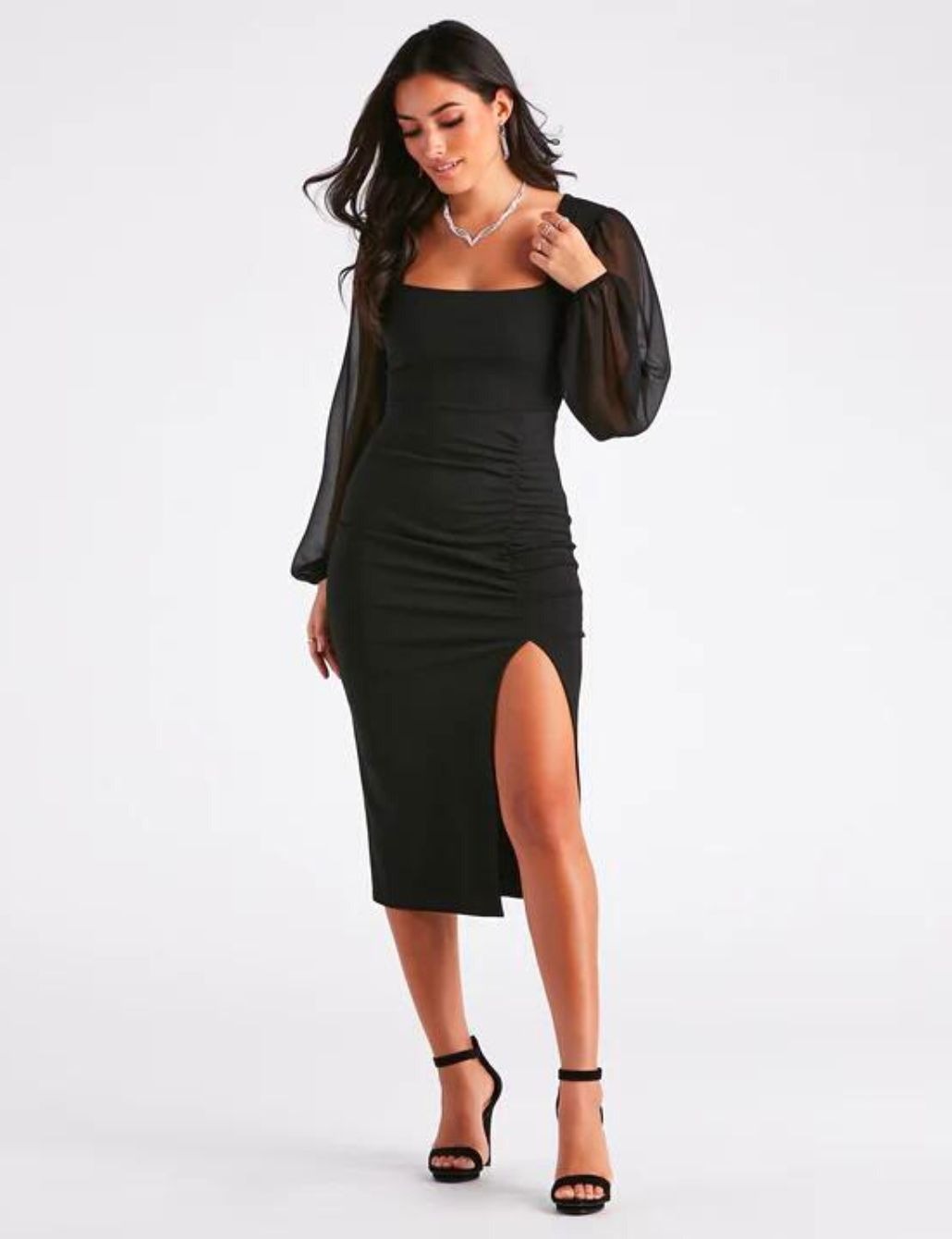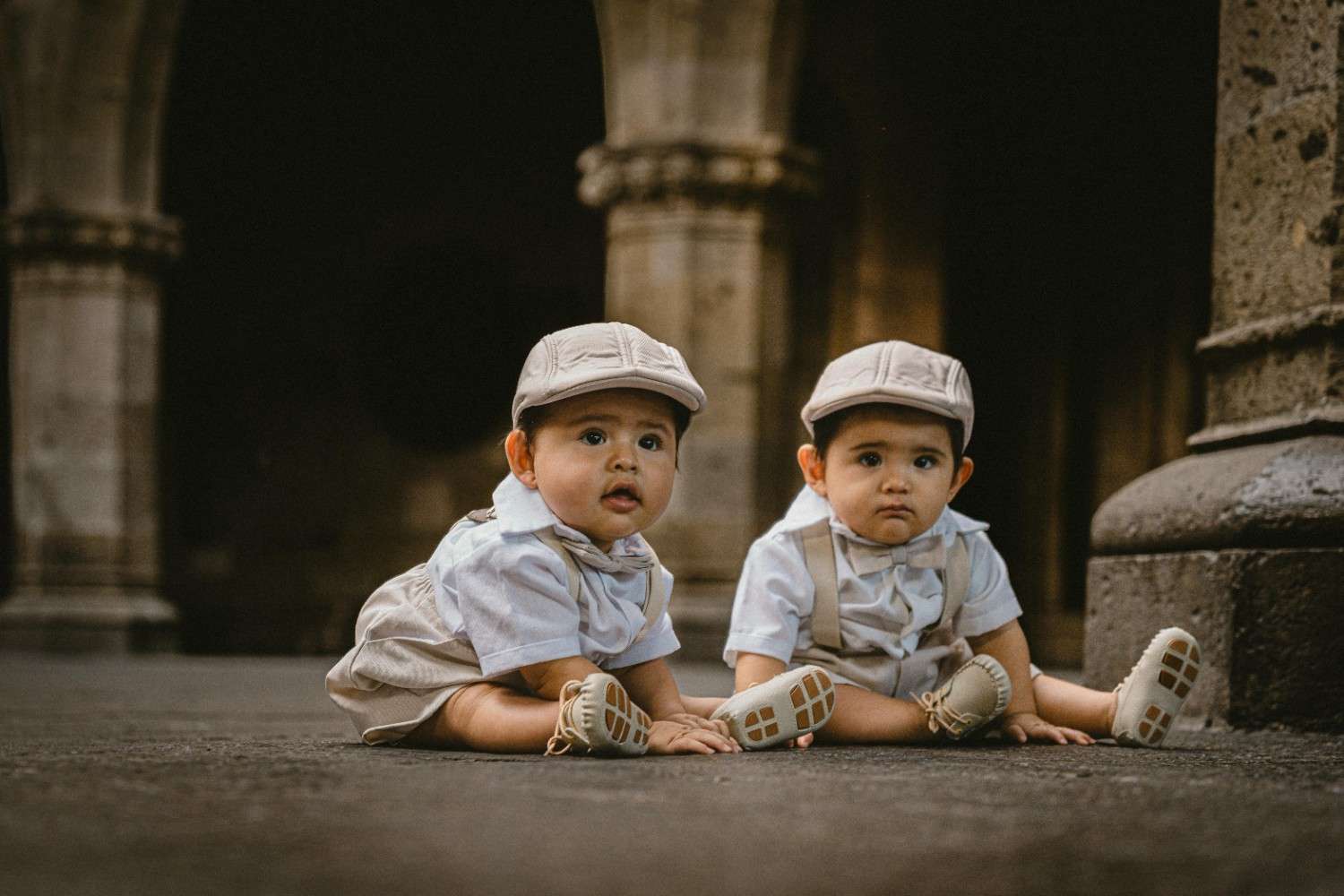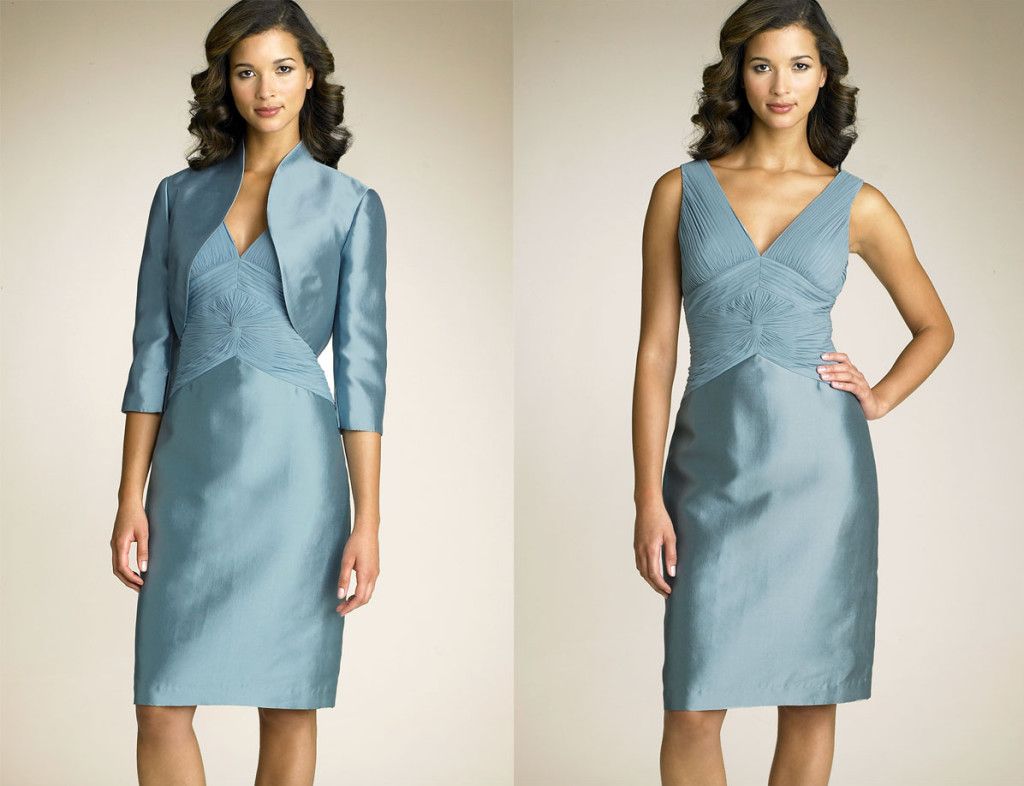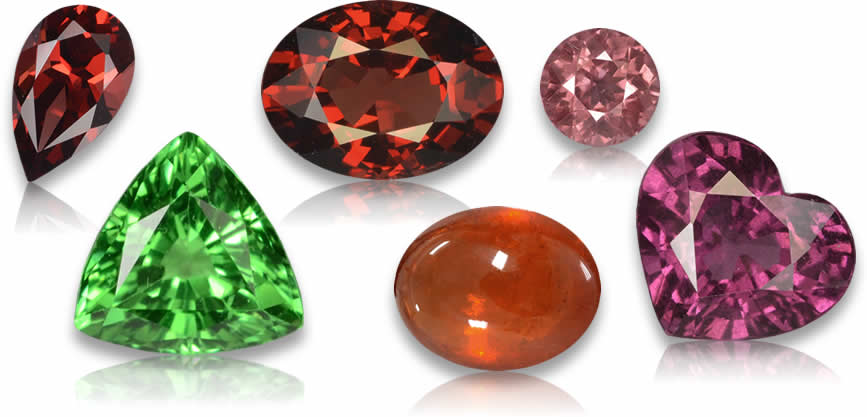In recent years, the fashion industry has undergone a significant transformation, with sustainability becoming a driving force behind many clothing choices. As consumers become more aware of the environmental impact of fast fashion, there is a growing interest in sustainable alternatives that not only promote ethical practices but also celebrate cultural heritage. Among these alternatives, African attire for women has emerged as a stylish and sustainable choice that honors tradition while promoting eco-friendly practices.
The Cultural Significance of African Attire
African attire is rich in history and symbolism, often reflecting the diverse cultures and traditions of the continent. From vibrant prints and bold colors to intricate designs, these garments tell stories of identity, community, and heritage. For women, wearing traditional clothing is not just a fashion statement; it’s a way to connect with their roots and express their individuality.
Many African fabrics, such as Ankara, Kente, and Mudcloth, are handwoven or printed using age-old techniques that prioritize craftsmanship over mass production. This dedication to artistry and quality aligns perfectly with the principles of sustainable fashion, where the focus is on creating timeless pieces that can be cherished for years to come.
Eco-Friendly Materials and Practices
The rise of African attire for women in sustainable fashion is also linked to the use of eco-friendly materials and practices. Many African designers prioritize local sourcing of fabrics, which reduces the carbon footprint associated with transportation and supports local economies. Natural dyes derived from plants and minerals are commonly used, minimizing the harmful effects of synthetic dyes on the environment.
Furthermore, several designers are committed to ethical production methods, ensuring fair wages and safe working conditions for artisans. By choosing African attire, consumers are not only investing in beautiful clothing but also supporting a more equitable fashion industry.
Versatility and Style
One of the most appealing aspects of African attire for women is its versatility. These garments can be styled in numerous ways, making them suitable for various occasions. Whether it’s a casual day out, a formal event, or a cultural celebration, there’s an African-inspired outfit to fit every need.
Women can opt for flowing maxi dresses, tailored jumpsuits, or chic skirts paired with modern blouses, all crafted from traditional fabrics. Accessories, such as handmade jewelry and headwraps, further enhance the look, allowing for personal expression while honoring African heritage. This versatility means that African attire can easily transition from season to season, promoting a more sustainable wardrobe.
The Global Influence of African Fashion
As the world becomes increasingly interconnected, African fashion is gaining recognition on the global stage. Influential designers, such as Lisa Folawiyo and Ozwald Boateng, are showcasing the beauty of African attire for women at international fashion weeks, inspiring others to embrace these vibrant styles.
Social media platforms have also played a pivotal role in this rise, with influencers and fashion enthusiasts sharing their unique takes on African attire. This exposure is encouraging a new generation of women to appreciate and wear African fashion, further contributing to its sustainability by creating demand for ethically produced clothing.
Conclusion
The rise of African attire for women in sustainable fashion is a testament to the power of cultural heritage and ethical practices. As more individuals seek to make conscious choices in their wardrobe, embracing traditional African garments offers a unique blend of style, history, and sustainability. By choosing African attire, women are not only making a fashion statement but also participating in a global movement toward a more ethical and environmentally friendly fashion industry. As we continue to celebrate and elevate African fashion, we contribute to a more sustainable future for all.




